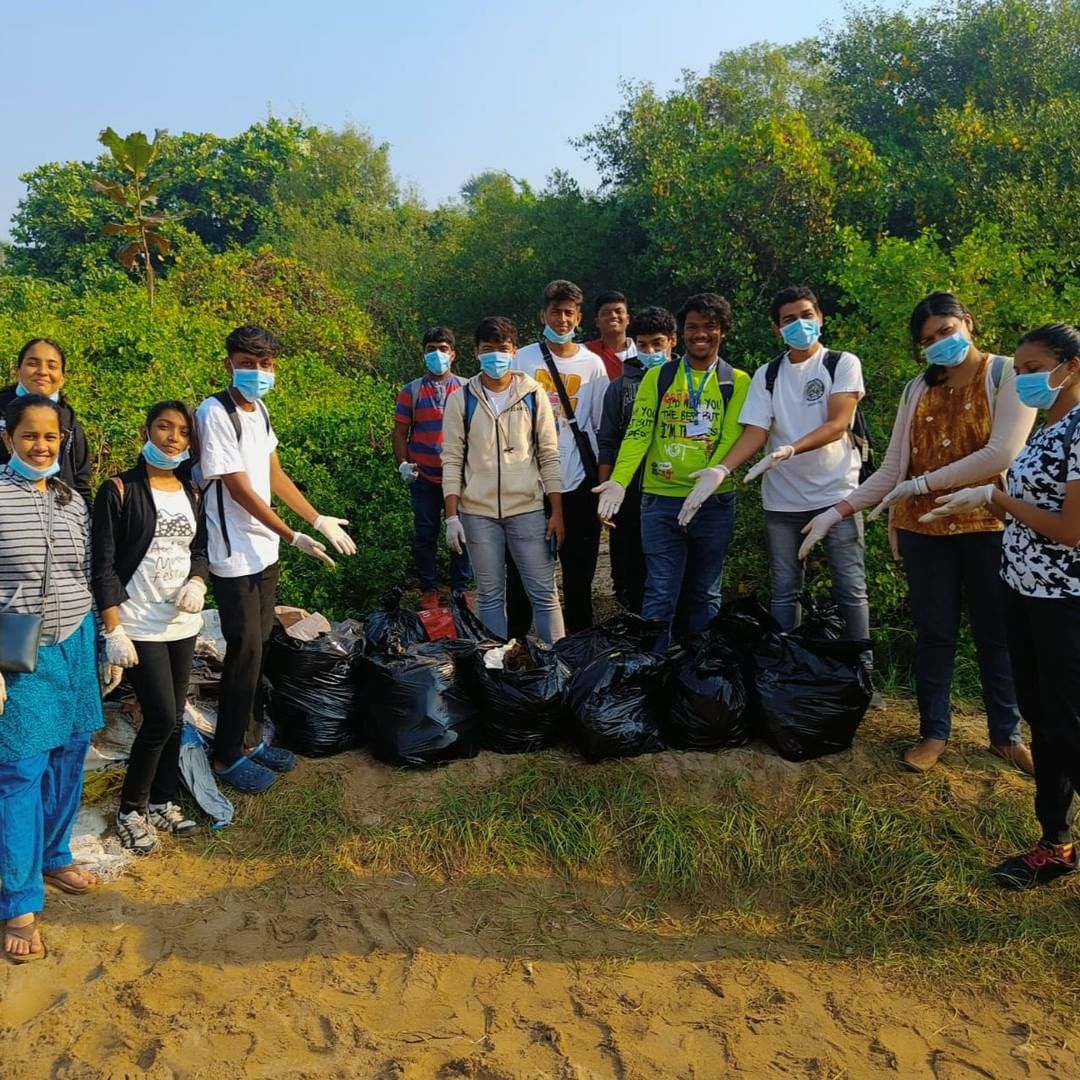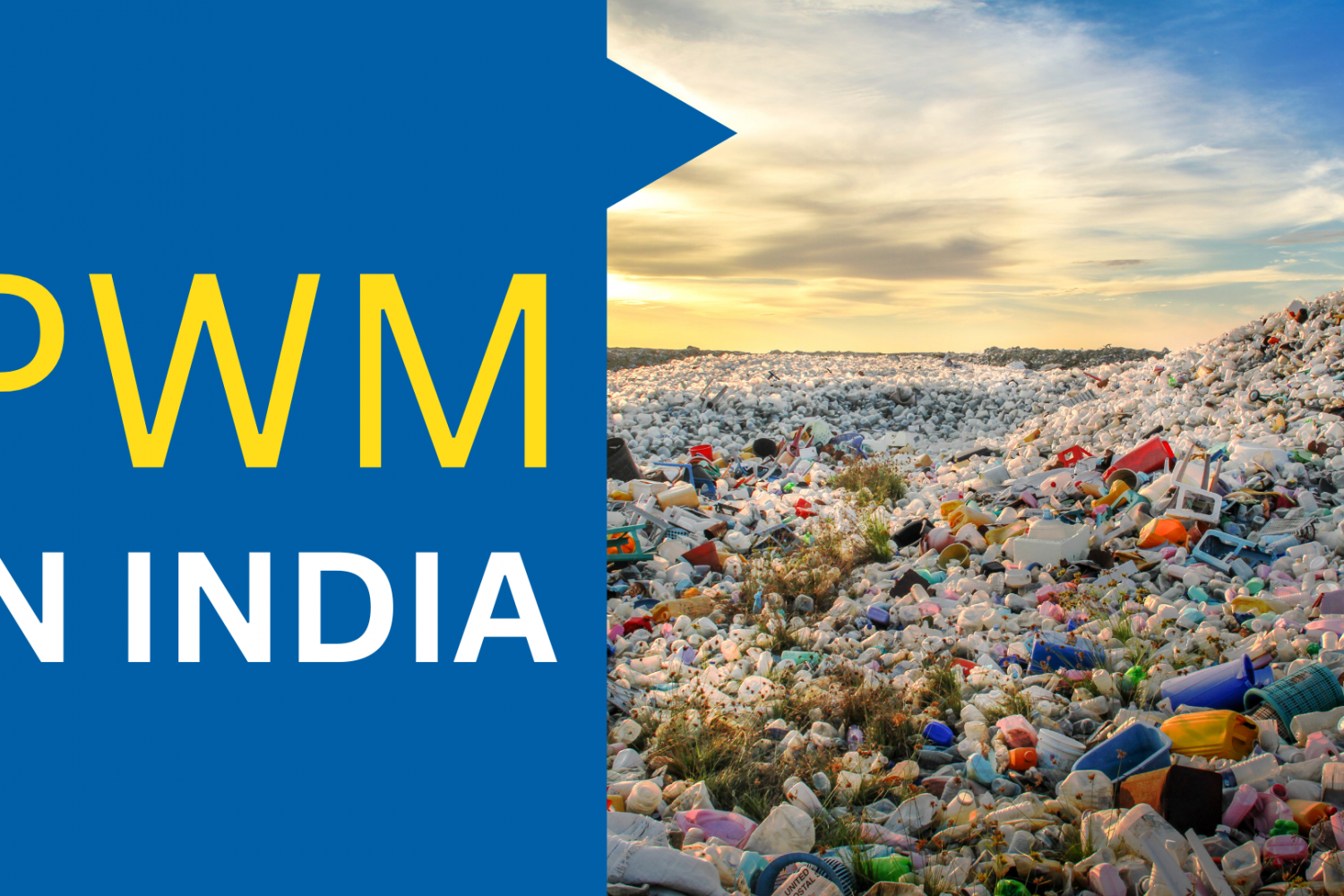Introduction
Plastic waste management in India is a pressing issue that needs to be addressed urgently. The country generates over 25,000 metric tons of plastic waste every day, and only around 60% of it is collected and managed properly.
The rest ends up in landfills, oceans, and the environment, causing serious ecological damage. Plastic waste has a detrimental impact on the environment and human health. It takes hundreds of years to decompose and releases toxic chemicals that pollute the soil and water.
Moreover, plastic waste poses a significant threat to marine life, as it is ingested by birds, fish, and other animals, leading to their death.
Government Measures to Reduce Plastic Waste
To address this issue, the government of India has implemented several measures to reduce plastic waste and improve plastic waste management in the country.
The Indian government has taken several steps to address plastic waste. This includes bans on certain types of plastic and initiatives promoting recycling. However, there are challenges in enforcing these policies effectively.
One of the most significant steps taken by the government is the implementation of the Plastic Waste Management Rules, which aim to reduce the use of single-use plastic and promote the use of alternative materials.
The rules require manufacturers to take responsibility for the collection and disposal of plastic waste and encourage the use of eco-friendly packaging materials.
Another measure taken by the government is the Swachh Bharat Abhiyan, a nationwide campaign launched in 2014 to improve cleanliness and sanitation in India.
As part of this campaign, the government has set up various initiatives to increase the collection and segregation of plastic waste, such as door-to-door collection, community bins, and plastic waste collection centers.
Private Sector and NGOs in the Fight Against Plastic Waste
Community Involvement
Non-Governmental Organizations (NGOs) play a pivotal role in raising awareness and mobilizing communities. Public campaigns educate citizens about the importance of reducing plastic waste and proper disposal methods.
For example, some NGOs are working on awareness campaigns to educate the public about the harmful effects of plastic waste and encourage the use of reusable bags, containers, and other alternatives.
The private sector is also playing a significant role in addressing plastic waste in India. Many companies are implementing eco-friendly policies and initiatives to reduce plastic waste, such as introducing biodegradable packaging materials, setting up plastic waste collection and recycling facilities, and collaborating with NGOs to promote sustainable practices.

Beach Cleanup
Challenges and Opportunities in Plastic Waste Management in India
Despite the efforts being made to address plastic waste in India, there are still significant challenges that need to be overcome. One of the major challenges is the lack of infrastructure and enforcement for proper waste management.
Many areas in India lack the necessary facilities and infrastructure to collect and manage plastic waste effectively, leading to a build-up of plastic pollution. However, there are also several opportunities for addressing plastic waste in India.
For example, the country has a significant potential for recycling and waste-to-energy technologies, which can help reduce the amount of plastic waste and mitigate its negative impacts on the environment.
Conclusion
In conclusion, plastic waste management in India is a pressing issue that needs to be addressed urgently. The government and private sector are taking various measures to reduce plastic waste and improve plastic waste management in the country.
However, there is still a long way to go, and it is essential that all stakeholders, including individuals, take responsibility and play their part in reducing plastic waste and promoting sustainable practices.

